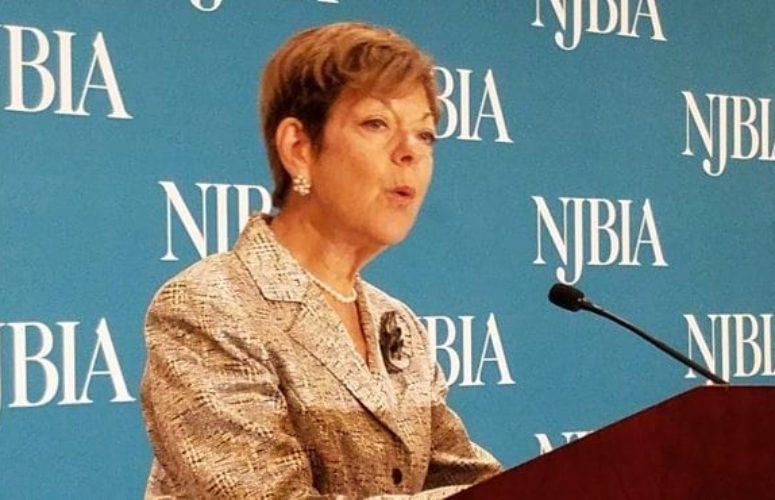
Business Optimism for 2019, Despite NJ’s Challenges
Report to Members
By Michele N. Siekerka, Esq., NJBIA President and CEO On Dec 4, 2018
Michele N. Siekerka, Esq., NJBIA President and CEO
The results of NJBIA’s 60th Annual Business Outlook Survey (page 24) show our members have high expectations for the national economy and their own businesses in 2019, but their ongoing concerns about New Jersey’s affordability and regional competitiveness are undercutting that optimism.
Our members told us two stories in this survey. The first is they are more positive than they’ve been in many years about their own prospects and are anticipating increases in hiring, profits, sales and wages. But the cautionary tale that runs parallel to that narrative is: More respondents than ever before are giving New Jersey poor marks on taxes, fees and controlling government spending. This underscores the urgency of NJBIA’s ongoing advocacy for comprehensive tax reform.
Employers have been beset by additional costs in 2018, and that’s reflected in the low scores respondents gave New Jersey’s business climate. During the past year, job creators have had the Corporation Business Tax (CBT) increased to 11.5 percent (the second-highest in the nation), and the top income tax rate increased to 10.75 percent (the highest of six states in our region).
A new paid sick leave law is in effect, and a bill is advancing to double the paid family leave provided to employees from 6 to 12 weeks. Policymakers also want to raise the minimum wage to $15 an hour and impose a ‘rain tax’ on businesses by creating local stormwater utilities – a move that is double taxation on companies already paying for costly state permits. With all of this happening, it’s no wonder 88 percent of NJBIA members surveyed said taxes and fees are worse in New Jersey than other states.
NJBIA’s strong advocacy in Trenton this past year succeeded in getting many of these tax increases scaled back from what had been originally proposed (a 12 percent CBT with no sunset provision, and a higher income tax that would have kicked in for incomes over $1 million, instead of $5 million, are examples). NJBIA also led the fight for the complete repeal of the estate tax, which took effect in 2018, and the phased-in increase of New Jersey’s pension retirement income exclusion.
Our survey found that businesses appreciate the gains that have been made in this regard, with only 41 percent reporting that inheritance or estate taxes affecting future business decisions, down 5 percent from the prior year’s survey. However, there is still a clear recognition that New Jersey has a long way to go to be competitive with other states’ tax policies. There was a 7 percent increase in respondents who said they would expand to another state instead of New Jersey.
The survey held a few surprises as well. For three decades, NJBIA members have been telling us their No. 1 concern is the cost of health insurance, but this year that issue slipped to third. I hope this is because more members are taking advantage of the health benefits solution NJBIA began offering in 2018 through the Association Master Trust (AMT). AMT gives NJBIA members the choice of 45 competitively priced self-funded plans and is returning a dividend to policyholders for 2018.
Now, the new No. 1 concern for NJBIA member companies is property taxes, followed by the overall cost of doing business. The tax increases of 2018 – and the possibility of more to come – are why so many are pessimistic about New Jersey’s business climate. This is why NJBIA is fighting for comprehensive tax reform. Without it, our businesses will eventually stagnate under the weight of taxes and mandates, or grow their companies elsewhere. Even businesses with high expectations for their own success in 2019 will not be able to maintain that optimism in the decade ahead if New Jersey fails to get its fiscal house in order.
Related Articles:






